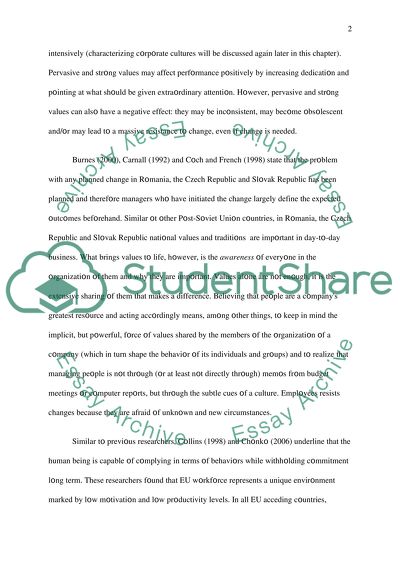Cite this document
(“Change Resistance Essay Example | Topics and Well Written Essays - 1500 words”, n.d.)
Retrieved from https://studentshare.org/miscellaneous/1511383-change-resistance
Retrieved from https://studentshare.org/miscellaneous/1511383-change-resistance
(Change Resistance Essay Example | Topics and Well Written Essays - 1500 Words)
https://studentshare.org/miscellaneous/1511383-change-resistance.
https://studentshare.org/miscellaneous/1511383-change-resistance.
“Change Resistance Essay Example | Topics and Well Written Essays - 1500 Words”, n.d. https://studentshare.org/miscellaneous/1511383-change-resistance.


